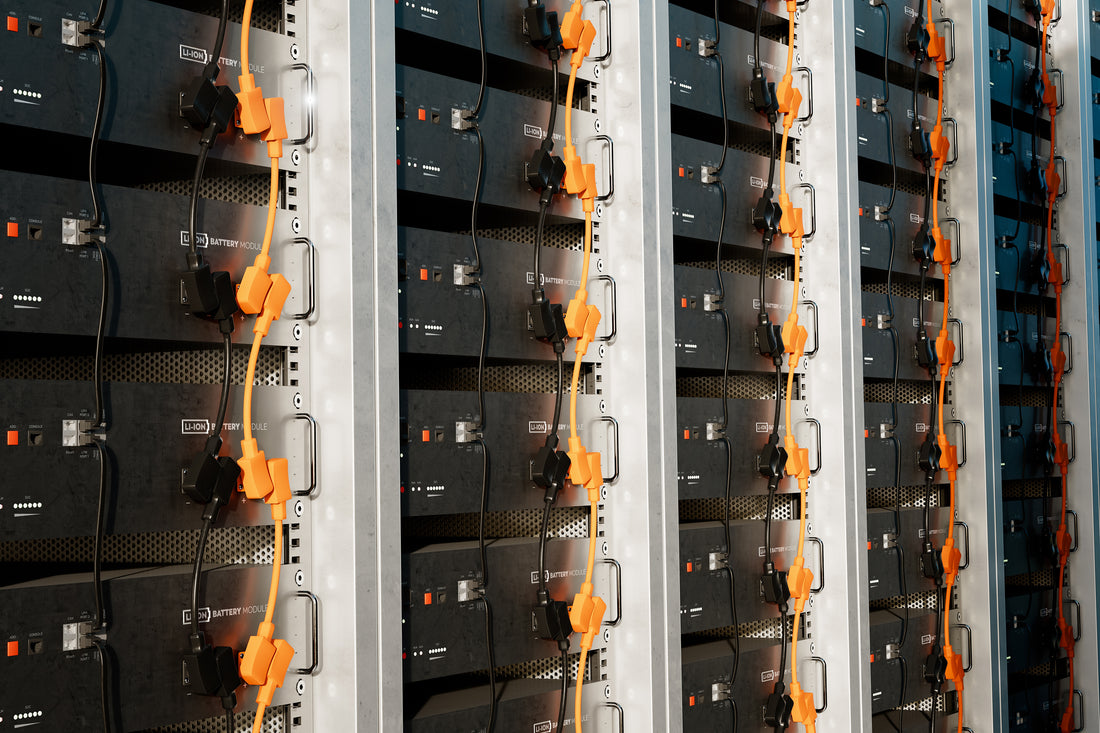As the global society shifts towards clean energy, it's crucial to consider not just the efficiency but also the sustainability of energy storage solutions. This approach ensures we meet today's energy needs without compromising the ability of future generations to meet their own. Let’s delve deeper into the importance of sustainability in energy storage and how it’s shaping the future of the energy sector.
Sustainability: A Necessity Not a Choice
The ever-increasing urgency to mitigate climate change has made sustainability not just a choice, but a necessity. Energy storage systems play a key role in the transition towards a sustainable future, facilitating the integration of renewable energy sources like solar and wind. However, the sustainability of these energy storage solutions themselves is equally important.
The Environmental Impact of Energy Storage
Energy storage systems, particularly batteries, can have a significant environmental impact throughout their lifecycle. From raw material extraction to production processes, use, and disposal, every stage has potential environmental implications. These include the depletion of non-renewable resources, emission of greenhouse gases, and creation of waste. Ensuring the sustainability of energy storage involves addressing these issues through the adoption of eco-friendly materials, efficient manufacturing processes, and effective waste management strategies.
Driving Innovation in Sustainable Energy Storage
Incorporating sustainability in energy storage is propelling innovations in the field. Researchers are experimenting with various materials and technologies to create energy storage solutions with minimal environmental impact. For instance, the development of solid and semi-solid state batteries and the use of organic and abundant materials are some of the exciting advancements in the field.
Sustainable Energy Storage: The Socioeconomic Impact
Sustainability in energy storage goes beyond environmental considerations. It also has significant socioeconomic implications. A sustainable energy storage industry can fuel economic growth, creating jobs in manufacturing, installation, maintenance, and recycling. Furthermore, sustainable energy storage solutions can enhance energy security and reliability, particularly in remote or disaster-prone areas.
Recycling and Circular Economy
Recycling is a key aspect of sustainable energy storage. Efficient recycling processes help recover valuable materials, reduce waste, and decrease the need for raw material extraction. Building a circular economy, where materials are reused and recycled, is essential for the long-term sustainability of the energy storage sector.
The Road Ahead
While significant strides have been made towards sustainable energy storage, there is still a long way to go. It requires continuous research, regulatory support, responsible business practices, and consumer awareness. We also need standardization and transparency in reporting the environmental impact of energy storage solutions.
Sustainability at StateSolid
At StateSolid, we are committed to sustainability at every level of our operation. We use eco-friendly materials, optimize our manufacturing processes to reduce emissions, and adopt effective waste management practices. We also invest in research to develop innovative and sustainable energy storage solutions. Our aim is not just to drive the transition towards clean energy but to do so in a way that is truly sustainable.
In conclusion, the role of sustainability in energy storage cannot be overstated. It is no longer an optional extra but a core requirement for a truly sustainable energy future. It is a journey of constant learning and improvement, and at StateSolid, we are proud to be a part of this journey.

